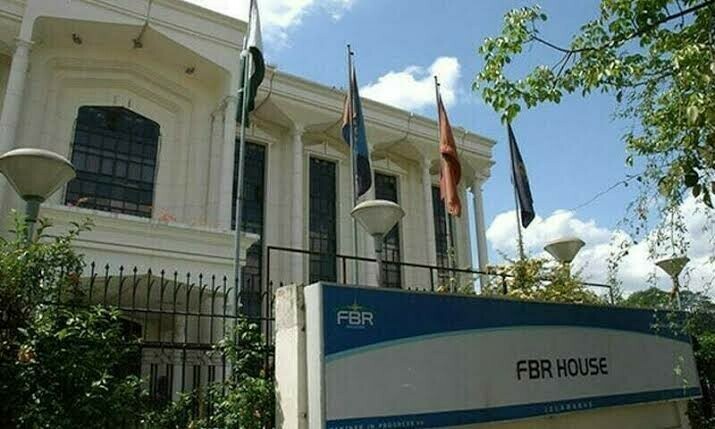
[ad_1]

THE FBR decision to increase its property valuation rates by up to 80pc in 56 Pakistani cities from next month is another attempt to boost tax revenue from real estate transactions and discourage speculative investment in the heavily undertaxed property sector.
Additionally, FBR has extended the scope of property valuation for tax purposes to 12 new cities. The valuations have been changed based on the type of property, its location and other variables. The valuations are raised periodically to close the gap with actual market prices of real estate in order to calculate such taxes as capital gains tax, federal excise and withholding tax, but the authorities have never been able to catch up with the market.
The market value of real estate is normally much higher than government-fixed rates. The entire system of fixing valuation rates for collecting taxes on real estate transactions is indicative of a massive informal, undocumented economy where most sellers and buyers neither want to pay taxes nor disclose the sources or size of their income.
Little wonder, the unregulated sector has emerged as one of the most attractive avenues for investment in Pakistan for wealthy individuals to evade taxes or park their dirty cash. The gains offered by property investments, sweetened by low taxation, also make real estate highly lucrative for corporates.
FBR has been trying to “bring real estate under effective taxation” by determining fair market property prices in major urban centres. However, it has always remained far behind the market because of the deep-rooted financial stakes of powerful lobbies: politicians, businesses, military, bureaucracy and overseas Pakistanis.
A World Bank study estimates that real estate transactions in a comparable economy could generate between Rs600bn and Rs700bn in tax revenues. Tax officials estimate Pakistan’s actual collection from real estate transactions to be around Rs200bn. There are several reasons as to why FBR has not been able to effectively tax this large sector.
The existence of the undocumented economy is a major reason. Tax exemptions allowed to certain segments of the population, including military personnel and bureaucrats, is another crucial factor preventing realisation of the tax potential of this asset class. The informality perpetuated by the government in the real estate market, in fact, has led to the creation of a tax-free parallel currency — ‘plot files’ — which is as liquid as any other asset if not more.
The government failure to regulate benami property transactions have complicated the situation. It means that a plot file may change hands multiple times, and for a very long period, without anyone involved in this chain of buyers and sellers paying any tax at all. Market valuation rates, no matter how realistic they are, will not help boost tax revenues without plugging such loopholes in the system.
Published in Dawn, October 31st, 2024
[ad_2]
Source link






